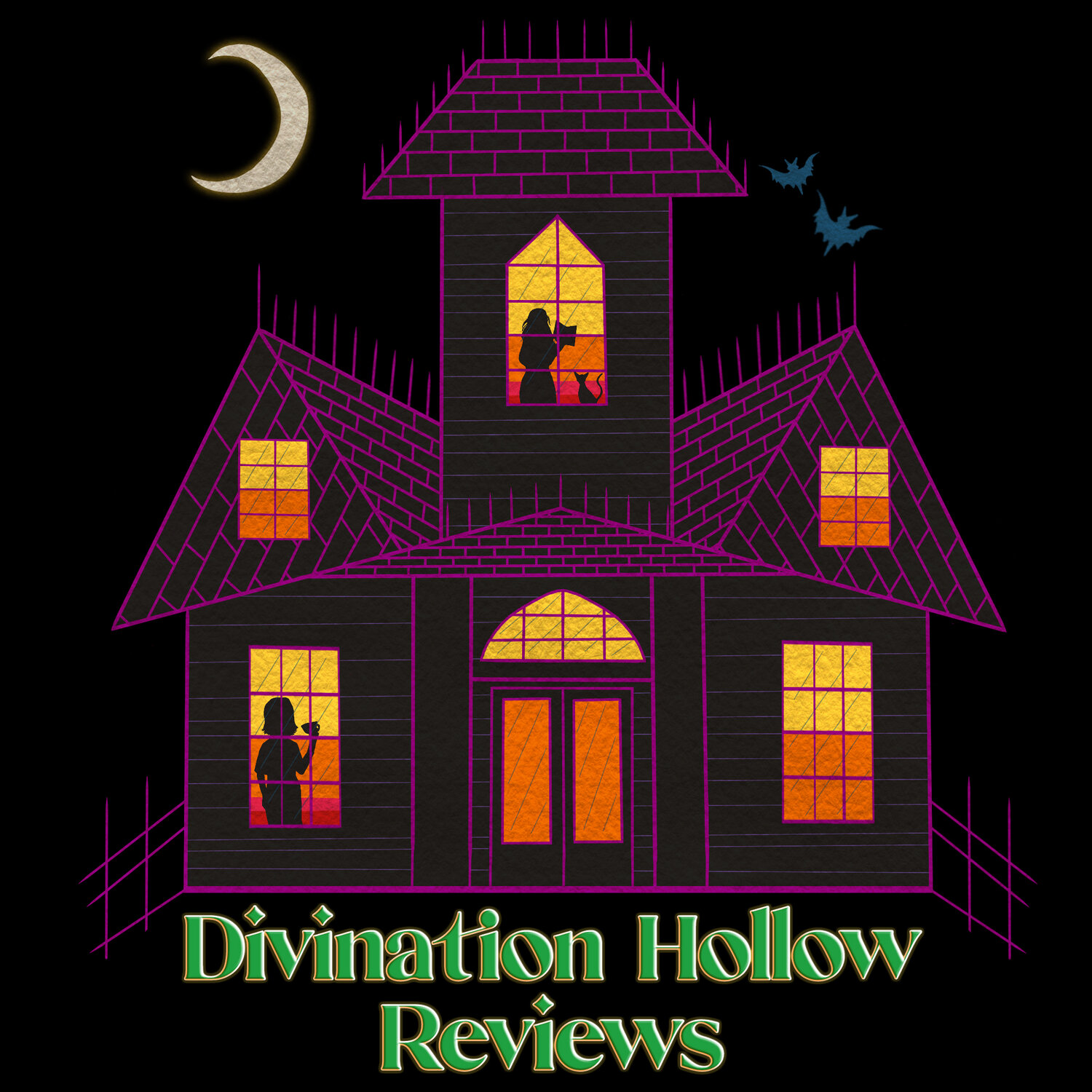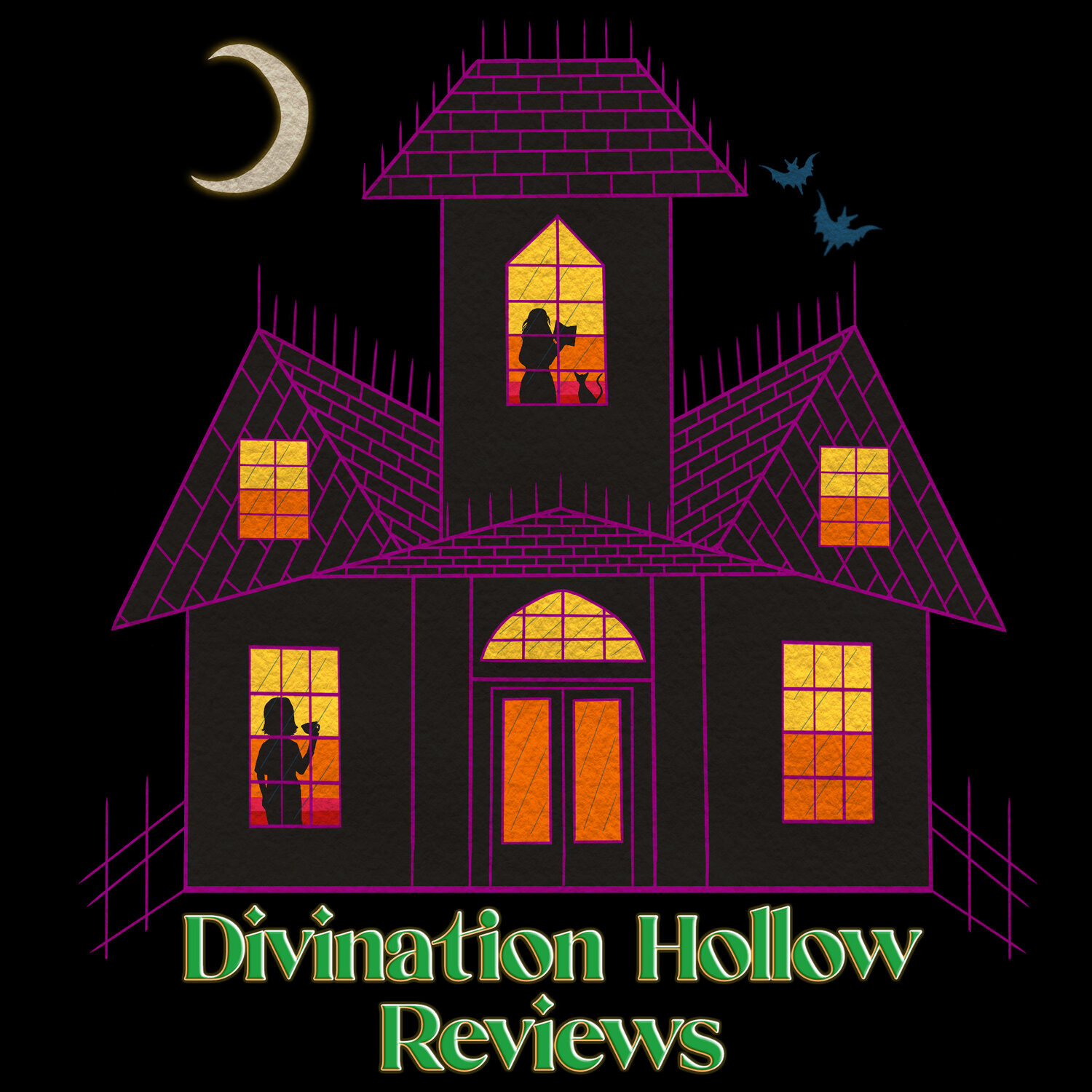[Women In Horror Month] - Women of Cosmic Horror
When asked my thoughts about women writing horror, I have often said that women are well-suited for the genre. Horror is an intense and primal emotion, and I believe women are taught to access and understand emotions, their complexities, their sources, and their impact from an early age. We are taught that violence is a vague but constantly looming threat, and awareness often to the point of hypervigilance, becomes a part of our perception of the world. Further, one thing that I think is often overlooked in the toolkit of women writers, a natural extension of the female experience, is instinctive consideration of the big picture – the cosmic picture, if you will, complex and multifaceted, which informs the human experience, and often our belief of experiences beyond that. So I dare to add, I think women are also naturally suited to write cosmic horror.
One might think the idea of women writing cosmic horror is somehow contradictory or incongruent, if one considers the idea that the work primarily at its foundation, that of H.P. Lovecraft, featured few women as anything other than vessels for evil or agents of the same. However, one can't distill the essence of cosmic horror any more simply and clearly than that implicit suggestion that women's humanity - their sense of self, of agency over their own bodies and minds - is insignificant in the small scheme of the planet, let alone the grander scheme of the universe. We are often culturally immersed in the notion that several moving parts in the great machinery of the cosmos are moving over our heads and under our feet and once we've contributed our part and completed our definitive role as daughter/lover/mother/caretaker in life, we cease to have meaning or usefulness.
Yes, women understand cosmic horror...
In researching this article, I found that while not many women writers are known primarily for their work in cosmic horror, nearly every prominent female writer of horror, dark fantasy, sf, and weird fiction in general has contributed to the body of literary work that is cosmic horror. They've tackled the major tenets of the subgenre in novels, short stories, novellas, poetry, comic books, games, movies, and art. They've looked into the abyss, into the starless void, and they have produced truly terrifying work. Some women write cosmic horror to subvert the racist and misogynistic stereotypes and messages so often found in Lovecraft's source material. Some write it for the sheer love of the strange, the incalculable, the infinite wonder and terror.
Yes, women understand cosmic horror…and they write it well.
I offer this preface to say that I can't cover every woman writer's contribution to the body of cosmic horror literature in just one article. There is, it may surprise the reader, that much of it. But, as I consider myself a writer whose work has frequently fallen within the realm of cosmic horror, I would like to offer a brief overview of the notable and prominent women for whom cosmic horror makes up a significant portion of their known work and reputation. These women, from diverse backgrounds and taking different approaches to the subject matter, have helped shape modern cosmic horror's themes and messages, its common structure, and the beauty of its presentation.
Perhaps one of the most prominent of these women is Caitlin Kiernan. Her work blends a gothic horror dignity and poetry with Lovecraftian mythos elements and the notions of cosmic indifference and savage tragedy. Some notable works include the novels Agents of Dreamland and Threshold, and her short story collection Houses Under the Sea.
Another woman who has made a name for herself with works of cosmic horror is author Ruthanna Emrys. Perhaps best known for her Innsmouth Legacy series, which explores themes of otherness and family, she has also done cosmic horror short fiction and role-playing games, and co-authors an incredibly funny and informative column on Tor.com, Lovecraft Reread, which explores and explains the strengths, flaws, themes, and cosmic horror elements of Lovecraft’s work.
In addition to the academic analysis of Lovecraftian and cosmic horror fiction, author Ann K. Schwader has contributed numerous short stories and poetry to the cannon of cosmic horror literature. Her collections of weird verse, Dark Energies and In the Yaddith Time, are just a few of the works which confirm her place as a prominent woman writing cosmic horror.
Livia Llewellyn, a fantastically talented writer of erotic horror and dark fantasy, is often cited as a master of weaving physicality and sexuality, beauty and brutality, into cosmic horror and weird fiction. In her work, reality is often a surreal and unstable element. Books like Engines of Desire and Furnace showcase some of the best of her weird fiction.
Journalist and video game writer Cassandra Khaw has created an impressive bibliography of work which blends noir and cosmic horror. She is delighting readers the world over with her Persons Non Grata series, Hammers on Bone and A Song for Quiet, which use elements of mythos in new, fun ways.
From academic TED talks on Lovecraft’s fiction to editing anthologies which give agency to the female characters in Lovecraft’s work, author/editor Silvia Moreno-Garcia is well known in cosmic horror circles for her contributions to the subgenre. She has also written a number of cosmic horror short stories which find new ways to explore Lovecraft’s themes. Notable works she has edited include Historical Lovecraft, Future Lovecraft, and She Walks in Shadows.
From Lynne Janneck’s Dreams from the Witch House: Female Voices of Lovecraftian Horror to Paula Stiles’s Cthulu’s Daughters, many women horror, fantasy, and science fiction authors are putting their own unique imprint on cosmic horror, exploring its themes, reworking its flaws, and going beyond its limitations. Cosmic horror is a flexible, evolving, all-encompassing, and, in my opinion, often elevated vehicle for beautiful, terrifying works of horror, and I think its future, in the hands of so many knowledgeable and capable writers, is very bright indeed.

By Mary SanGiovanni
Twitter: @marysangiovanni
www.marysangiovanni.com

